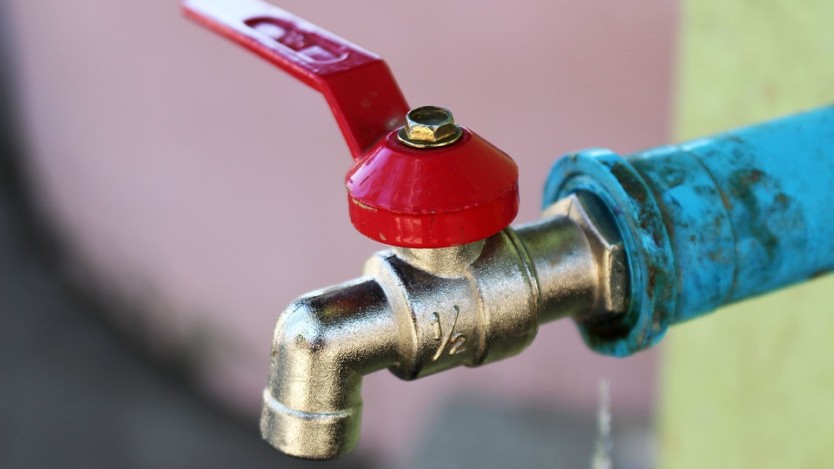01
August
2019
Despite the recent heavy rainfall, Southern Water is set to impose a hosepipe ban this month due to excessively dry conditions in the region. Currently, no other areas of the country have hosepipe bans in place, though the mainly dry summer in the south-east obviously raises the threat of water restrictions being used in that part of the country in the next few months. Hosepipe bans, however, DO NOT apply to commercial properties such as golf courses but a
Please LOGIN to read the full article.
Not a member? Please click here to join today.



